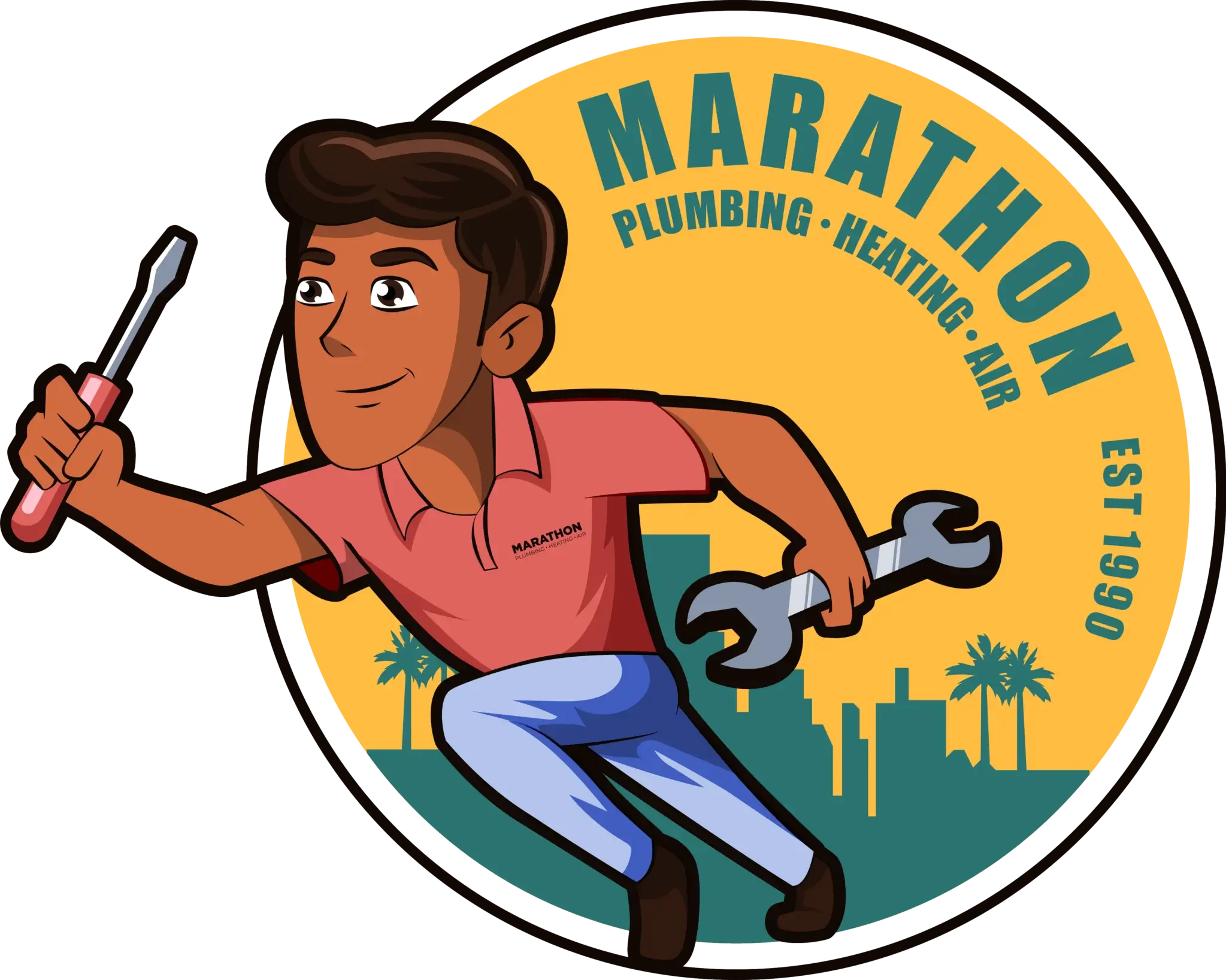Your HVAC system is crucial for maintaining a comfortable environment in your home, no matter the season. However, like any major home system, it requires regular attention and maintenance to perform at its best. Many homeowners face HVAC issues at some point, but understanding these potential problems can help prevent them before they disrupt your comfort.
At Marathon HVAC Services, LLC, we often encounter a variety of issues that could lead to system failure or inefficiency. These range from simple neglect of routine maintenance to more complex problems like system overload due to improper use or sizing. We believe that informed homeowners can take proactive steps to avoid these common pitfalls.
Learning about these issues helps maintain your system’s longevity and ensures it runs more efficiently, saving you money and trouble in the long run. With a few preventative measures, you can extend the life of your HVAC system and enhance your home’s comfort.
Understanding HVAC System Overload
An overloaded HVAC system can lead to a host of problems, not least of which is a complete system failure. Overloading occurs when your HVAC system is forced to work harder than it should need to, usually due to extreme weather conditions or improper sizing. When the system is too small for the space it is expected to cool or heat, it runs continuously, struggling to meet the temperature demands. This is not only inefficient, costing you more in energy bills, but it also places immense strain on the system’s components.
We see many cases where inappropriate use leads to premature breakdowns. For instance, dramatically lowering your thermostat in the summer to cool a house quickly can cause undue stress on the system. Similarly, obstacles blocking air intake or outflow can make your units work harder, leading to overload. From our experience, ensuring that your system is matched to your home’s size and needs is the best way to prevent overloading.
The Impact of Neglecting Maintenance
Neglecting regular maintenance of your HVAC system can lead to inefficiencies and eventual failure. Routine checks might seem like an unnecessary expense, but they are pivotal in identifying issues before they turn into bigger problems. For instance, an unchecked filter can clog and hinder airflow, forcing your system to expend more energy to maintain temperature, which in turn strains every other component of the system.
We frequently encounter systems where a simple annual check could have prevented costly repairs. During these maintenance checks, technicians clean coils, check refrigerant levels, ensure electrical connections are secure, and verify that the thermostat is functioning correctly. Skipping these checks can reduce the efficiency of your HVAC system, leading to higher utility bills and a decreased lifespan for your equipment. Remember, proactive maintenance not only enhances the performance of your HVAC system but also extends its life.
Environmental Factors and System Efficiency
Environmental conditions play a significant role in the efficiency of your HVAC system. External factors such as humidity, temperature extremes, and even local foliage can impact how your system performs. For instance, high humidity levels can make air conditioning systems work harder, as they not only need to cool the air but also remove moisture. If a system isn’t adequately sized or maintained to handle this burden, it may lead to inefficiencies or system failure.
Landscaping around your home can also affect your HVAC’s efficiency. Trees and shrubs that shade your air conditioner can reduce the need for cooling, whereas foliage that blocks airflow to an outdoor unit can decrease system efficiency. We recommend assessing your outdoor environment and making adjustments, such as trimming plants or removing debris, to ensure optimal airflow and unit functionality. Balancing these environmental factors helps maintain your system’s efficiency and longevity.
Prevention Strategies for HVAC Longevity
Preventing HVAC failure is always more cost-effective than addressing emergencies. Regular, scheduled maintenance is crucial. For instance, replacing or cleaning air filters every one to three months can prevent overloads and maintain air quality. Additionally, setting up a bi-annual maintenance check with professionals like us can help diagnose issues early on, which might save you from a costly repair job in the future.
Alongside maintenance, installing a smart thermostat can make a huge difference. These devices can optimize your heating and cooling based on your family’s habits, which not only eases the load on your HVAC system but also reduces unnecessary energy consumption. Moreover, ensure your insulation is intact, particularly around areas like windows and doors, as this can drastically reduce heating and cooling demands on your system.
Conclusion
At Marathon HVAC Services, LLC., we understand the importance of a reliable HVAC system. That’s why we stress the importance of preventive measures and proper system care. Addressing issues such as system overload, neglected maintenance, environmental impacts, and proactive care can enhance the efficiency and extend the lifespan of your HVAC system, ultimately ensuring your home remains comfortable and your energy bills stay lower.
If you’re looking to ensure your HVAC system is in top shape, don’t hesitate to contact us. Our team of experts is ready to provide you with the best solutions tailored to your needs. Let Marathon HVAC Services, LLC. help you keep your home comfortable year-round. Reach out to us today for unparalleled HVAC services in Los Angeles, and beyond!

 Book Now
Book Now
